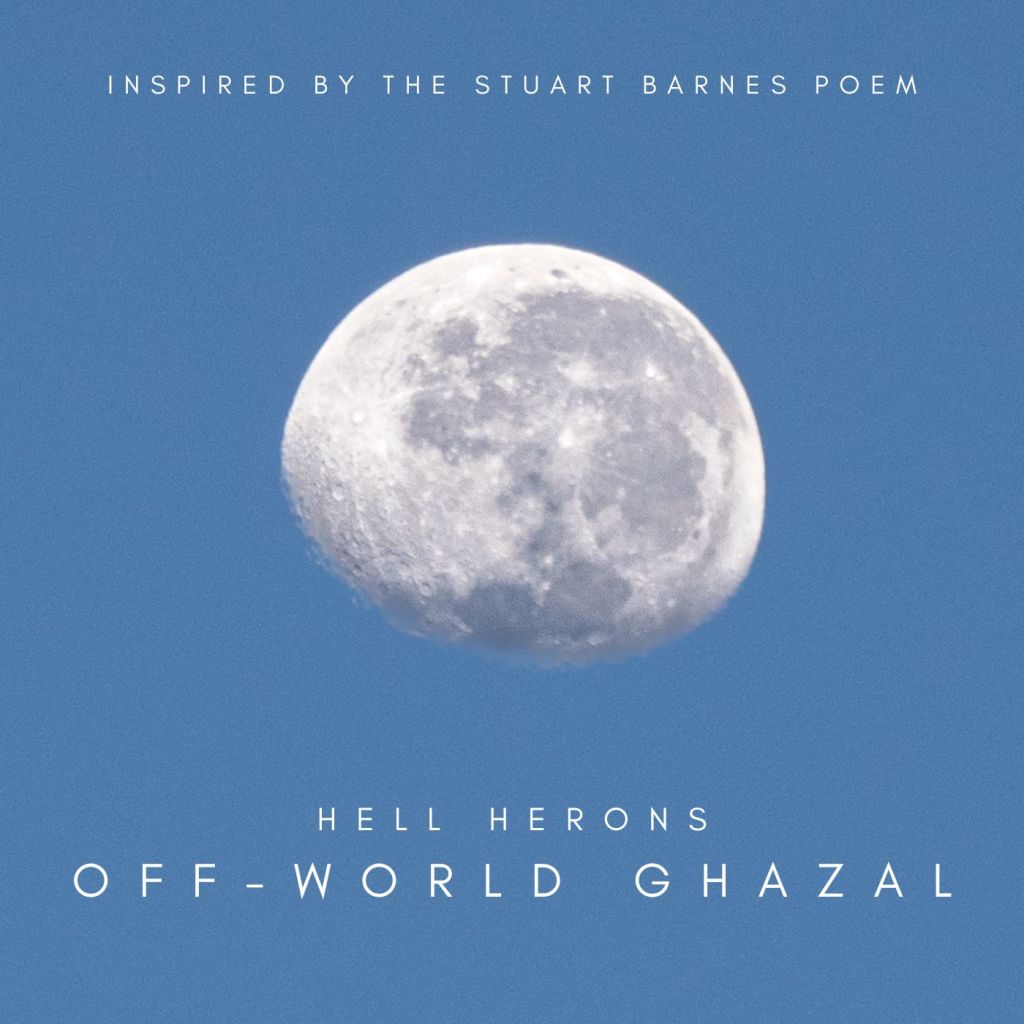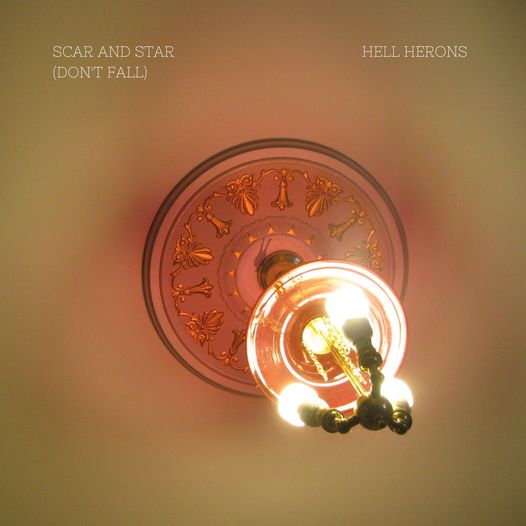You are currently browsing the tag archive for the ‘Hell Herons’ tag.
Tag Archive
2023: the wild year?
December 22, 2023 in General sprays | Tags: Aphrodite's Breath, Art is Life, Australian referendum 2023, Bodies of Men, Catharine Lumby, Christos Tsiolkas, CJ Bowerbird, Dr Andrew Rimby, Frank Moorhouse, Hell Herons, Jack Featherstone, Jay Cameron, Jerry Saltz, Kimmo Vennonen, Louis Nowra, Matthew Lamb, Melinda Smith, My Heart is a Little Wild Thing, Stuart Barnes, Susan Johnson, Sydney, The In-Between, The Ivory Tower Boiler Room, The Street Theatre | 2 comments
With so much going on in the world – at least two tragic wars, the climate emergency, most folk struggling to pay the rent and put food on the table – it feels a little off to talk about what’s been happening at a personal level. However, perhaps it’s necessary – healing, helpful – to reflect on the smaller things. Does not the big happen in the context of the small, and vice versa?
On 2 January, thanks to generous funding from Creative Australia (formerly the Australia Council for the Arts) and Create NSW, I bunkered down in my writing room and got to work on a new project. I’m not a fan of talking about projects while they only really exist in my imagination, so I won’t go into detail here, but it has certainly been good to have something substantial in which to immerse myself.
_
Speaking of fiction, it was wonderful being asked to record a conversation with Dr Andrew Rimby for the Ivory Tower Boiler Room, a New York-based podcast. We covered a lot of ground, including the erotic in queer fiction and writing from the body; Andrew also asked some insightful questions about Bodies of Men and My Heart is a Little Wild Thing.
_
In March, my father died two weeks shy of his 94th birthday. He had been experiencing poor health for some years, though was mentally very alert and still tried to do a daily walk, even if it was just around his ramshackle garden before moving into the local hospital, which includes an aged care wing. I wrote about Jack’s desire to die in his home town for Guardian Australia, recognising that many people who live in regional areas are not so lucky.
_
Thanks to ongoing support from The Street Theatre in Canberra, my latest theatrical work, a play with songs, has been progressing. This is a project that I began in 2019, only months before the pandemic hit, but we’re now at the stage where my demo songs (I’ve written the play, song lyrics and musical sketches) are being arranged by Perth-based composer Jay Cameron. The intention is for there to be one more creative development in 2024, where we’ll bring everything together in a rehearsal space to see how the work is coming into focus, before, perhaps, a production in 2025. As opposed to writing literary fiction for the page, I do enjoy the collaborative aspect of writing for the stage. Knowing that it’s not entirely down to me is a relief.
_
A rather surprising project that has been quietly bubbling along is Hell Herons, which is a spokenword/music collaboration with award-winning poets Melinda Smith, CJ Bowerbird and Stuart Barnes. What started with a question – despite having very limited musical skill, how might I set poems to music? – has become a more formal and ongoing project, thanks to funding from artsACT. The funding will allow each poet to re-record their vocals with the professional assistance of Canberra-based producer/studio technician Kimmo Vennonen, before he mixes and masters all 16 tracks. The intention is to release a full album in mid-2024. From little things, bigger things grow.
_
That preceding sentence is a challenging reminder that on 14 October this year Australia declined to recognise First Peoples in the Constitution, a document written 123 years exclusively by non-First Peoples, all men, during a time when the Frontier Wars were still raging across the continent, as they would keep doing for many more decades. The referendum asked if Australia supported recognition through a voice to parliament, which would ensure First Peoples would always be consulted whenever a federal Australian government was devising policies and programs that would impact First Peoples. I wrote about my support of the referendum, and about my experience volunteering for the YES campaign in my home town in regional New South Wales.
_
In November I had the pleasure and privilege of interviewing the forever brilliant and generous Christos Tsiolkas about his new novel, The In-Between, which is about modern-day queer love between two men who are very much in the middle of their lives. To my mind it’s another fearless novel from Tsiolkas, and I wish it, and him, well. A recording of our live – and lively – conversation, which was held in Canberra in front of a live audience at the Australian National University, is available here.
_
Despite not considering myself a critic I do appreciate having the opportunity to think about books deeply and to write about them in a way that might open them up to general readers, as well as readers of literature. For the Canberra Times, this year I reviewed Sydney by Louis Nowra, Aphrodite’s Breath, a memoir by Susan Johnson, and Art is Life, by the prominent US art critic Jerry Saltz. As the Canberra Times has decided to no longer run book reviews – that the national capital’s newspaper is not supporting Australian literature in this way is a rather sad state of affairs, to say the least – I am now writing reviews for Guardian Australia, starting with a comparative analysis of Frank Moorhouse: a life, by Catharine Lumby, and Frank Moorhouse: strange paths, by Matthew Lamb. The review is available here.
_
In the past I’ve ended the year writing some notes on the books that I’ve adored. This year, I’ve done that on Facebook and Instagram. If you’d like to see my lists, please visit me on Facebook (using my name) and via @ngfeathers on Instagram.
_
I wish you and yours a wonderful summer – or winter – break, and I can only hope some calmer and wiser heads can soon steer this tiny little rock of a planet on a better course.
Nigel xx
Words and music from the off-world
April 21, 2023 in General sprays, Music is the best thing, Writing is the best thing too | Tags: Australian spokenword, CJ Bowerbird, Hell Herons, London Calling, Melinda Smith, Off-World Ghazal, Recent Work Press, Scar and Star (don't fall), spokenword and music, Stuart Barnes, The Clash, The Story of the Oars, Upswell Publishing | Leave a comment
Music has been a significant part of my life for the best part of 50 years, probably 55 years, perhaps even longer, because there was always music in the family home.
My parents were not especially musical, but records were played most weeks. I had a little silver transistor radio through which I could engage with the world of sound; I have a clear memory of being ten years old and spending a day waiting for The Clash’s ‘London Calling’ to be played so I could capture it on a reel-to-reel tape recorder (mission successful). Although I would have the opportunity to learn the basics of how music works at school, mostly I’ve just been engaged in this particular art form as an active – perhaps obsessive – listener.
Towards the end of the pandemic, however, two things happened: since 2019 I’ve been working on a new play with songs titled THE STORY OF THE OARS, and in a rather rash moment I decided to have a go at writing the music myself; and I formed Hell Herons, a spoken-word music collective. Thinking that it might be best to refresh my knowledge of music theory (whatever ‘knowledge’ I originally had), and did three music-theory lessons at the local conservatorium, and off I went. I’ll write more about OARS at a later date (though I can say that the project is progressing well, mostly due to the incredible Street Theatre in Canberra), but Hell Herons has proved to be an unexpectedly fascinating project.
Hell Herons, whose members are the award-winning poets Melinda Smith, CJ Bowerbird, Stuart Barnes and myself, fuses poetry through spoken-word with music. At times what emerges is atmospheric, sometimes it is a little noise; some songs almost have a pop sensibility. Although play, risk and adventure are very much the cornerstones of the project, there’s also a desire for accessibility, all the while ensuring the original text is preserved as the poet wrote it.
I won’t go on too much about form and process, but personally it’s been intriguing, because some of the text was written for the page and published as such – would this work in a recorded context, especially when music is involved? Other times, the music has come first and the text has then emerged.
Although we’re still at the demo stage, with the intention of having the final selection of songs professionally mixed and mastered later this year for an official release next year, we’re slowly releasing tracks via the Hell Herons’ SoundCloud.
The most recent release is ‘Off-World Ghazal’, which works with the incredible poem of the same name by Stuart and appears in his second collection, LIKE TO THE LARK, published recently by Upswell. It was wonderful, and a little daunting, to work with such an extraordinary – and lauded – poem of great depth and complexity. We’d love to know what you think of the track.
Another release of note is ‘Scar and Star (don’t fall)’, which is based on a deeply moving unpublished fragment written by Melinda. The concept at the heart of this song is the idea of taking off no matter what. It’s perhaps the most epic – and noisiest – of the tracks we’ve written to date. As opposed to ‘Off-World Ghazal’, which currently features my reading of Stuart’s words, ‘Scar and Star (don’t fall)’ features Melinda. I recorded my reading of Stuart’s poem in my closet, while we recorded Melinda’s in her sitting room, so if you listen closely you can hear the call of the birds in her backyard. Hell Herons do like to incorporate ambient, by which I mean ad hoc, sounds, as well as mistakes.
As mentioned, if you have any thoughts about ‘Off-World Ghazal’ and ‘Scar and Star (don’t fall)’ please don’t hesitate to drop me a line, either in the comments or by message.
Thanks so much to Melinda, Stuart and CJ for being such generous and open-minded collaborators.
PS if you’re wondering about the name.













